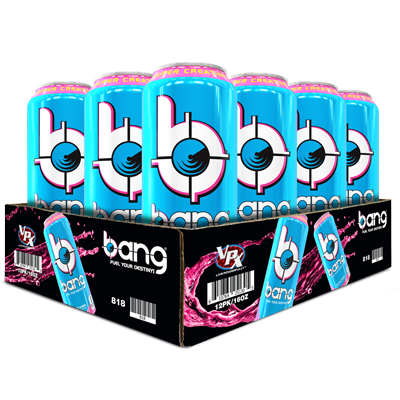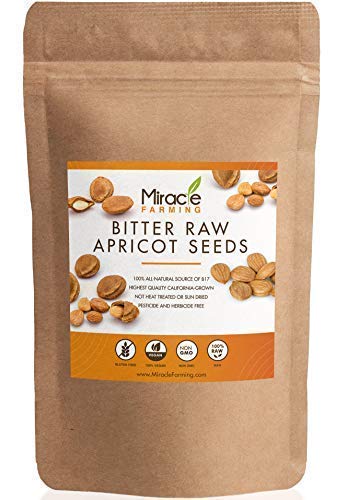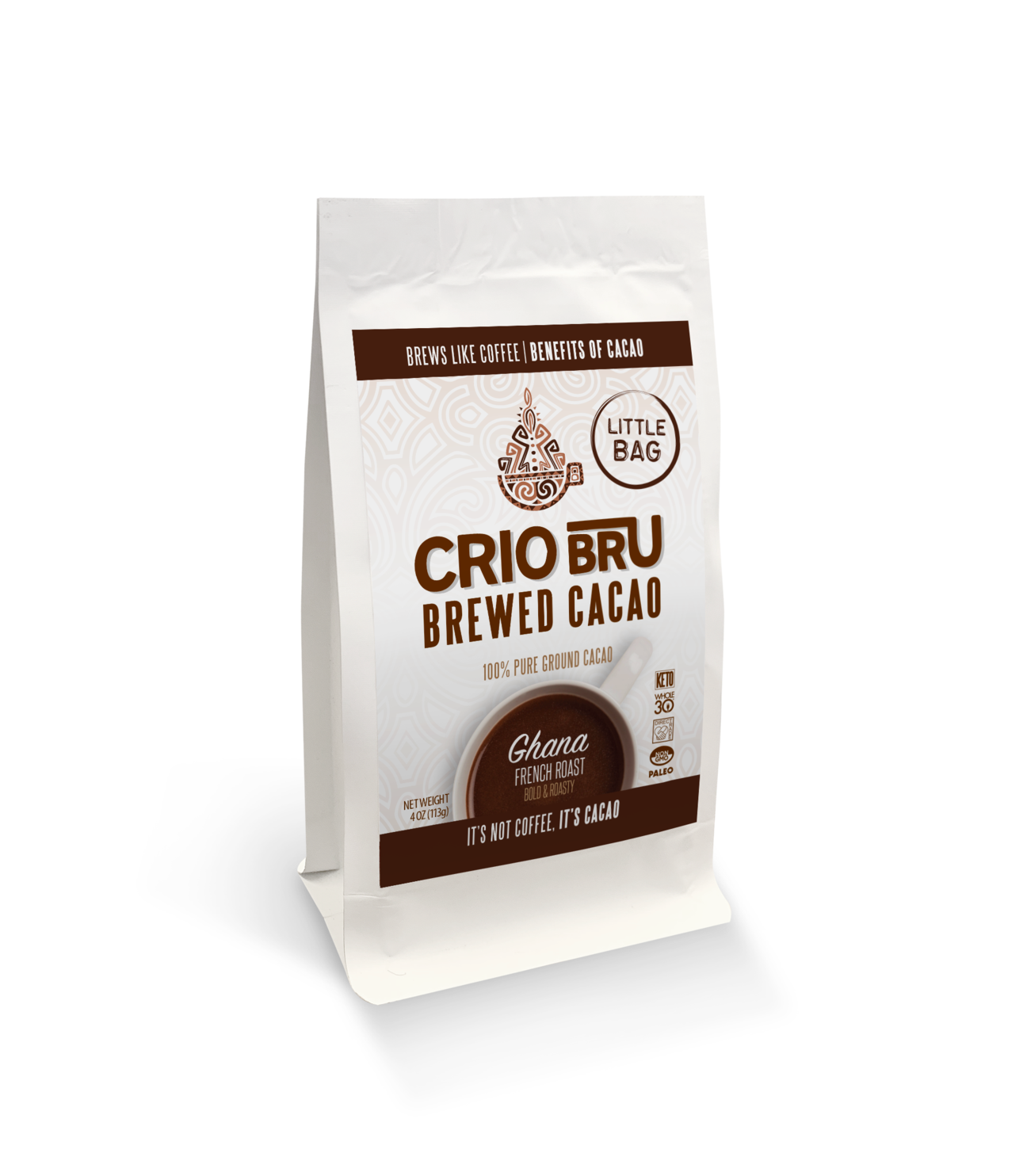
Alkaline Water Plus
Are there really any benefits to drinking alkaline water?
Whether or not Florida deserves it, the Sunshine State often finds itself the butt of the joke. Even those who have set up businesses there can’t seem to help themselves.
Take Jack Owoc, founder and “Chief Scientific Officer” of Vital Pharmaceuticals aka VPX Sports, located in Weston, Florida, about 40 miles north of Miami. In a video posted on YouTube promoting the company’s Bang energy drinks and powders, Owoc, who broadcasts from behind a drum set in a neon-rimmed hat, takes a swipe at South Floridians, specifically the size of their brains.
“No, I’m kidding,” Owoc adds. “Floridians are the smartest people on the planet.”
But that’s not the only insult to the intelligence of Floridians — or anyone watching, really — that Owoc makes in the 11-minute video. He also claims that Bang products have the potential to reverse “mental retardation,” which he says is inevitable “as you age,” and that the energy drinks and powders help “with all forms of dementia, including Alzheimer’s, Parkinson’s [and] Huntington’s.”
How does it work, you ask? While Bang products contain vitamins C, B3, B6 and B12, Owoc credits the “super creatine” ingredient, which is supposedly “20 times more effective at reaching the brain than other forms of creatine,” for the sounds-too-good-to-be-true health benefits. On the company’s website, it states, “Everyone knows creatine is a great muscle builder and can increase athletic performance, but new research suggests that creatine can increase your mental function, as well.” The site goes on to recite a laundry list of alleged health benefits of creatine, which is an amino acid found in fish, poultry and beef, including increased cognition and delayed mental fatigue.
But if you ask the marketers of Monster, a competing energy drink, they’ll tell you that Bang doesn’t work. In fact, Monster is suing VPX Sports and Owoc for false advertising and libel, among other things, alleging in its complaint filed in California district court earlier this month that:
Even if BANG could deliver Defendants’ promised benefits, which again it does not, the ingredients at the heart of Defendants’ claims — Super Creatine and BCAAs (branched-chained amino acids) — are sprinkled into BANG in such low amounts that none of the purported benefits could ever be delivered through safe consumption of BANG.
The complaint also takes issue with Owoc calling himself Chief Scientific Officer, arguing “his science background is not as robust as one would expect. His qualifications seem to be based exclusively on his previous stint as a high school science teacher.”
Owoc has denied the allegations.
The National Institutes of Health warns that while energy drinks are widely promoted to enhance mental alertness and physical performance, a growing body of scientific evidence shows that they can have “serious health effects,” particularly in children, teenagers, and young adults.
Then there’s this: Marketing products as having the ability to treat, cure, alleviate the symptoms of, or prevent developing diseases and disorders is simply not permitted by law without FDA approval, which is only awarded after rigorous study and testing.
Find more of our coverage on energy drinks here.
Our Ad Alerts are not just about false and deceptive marketing issues, but may also be about ads that, although not necessarily deceptive, should be viewed with caution. Ad Alerts can also be about single issues and may not include a comprehensive list of all marketing issues relating to the brand discussed.
Are there really any benefits to drinking alkaline water?
How Amazon steers consumers toward unproven and potentially dangerous products containing a fake vitamin called B17.
Brewed cacao beverage poses more questions than it answers.


